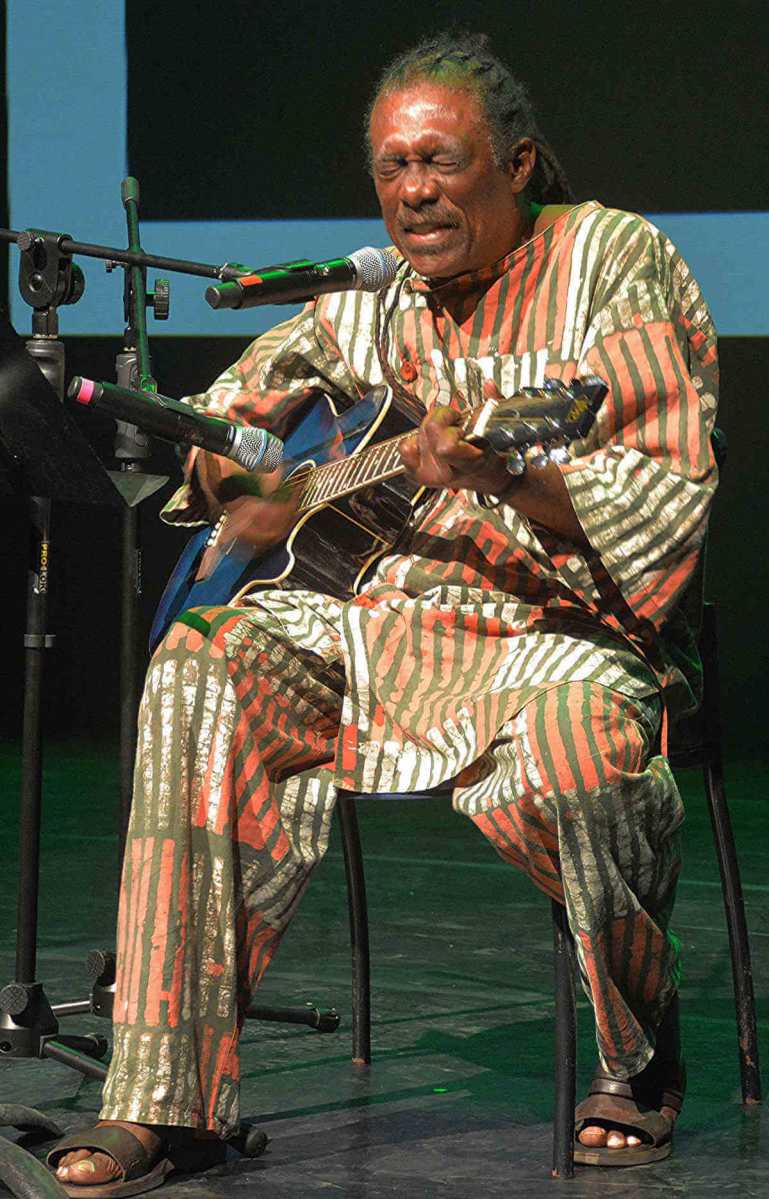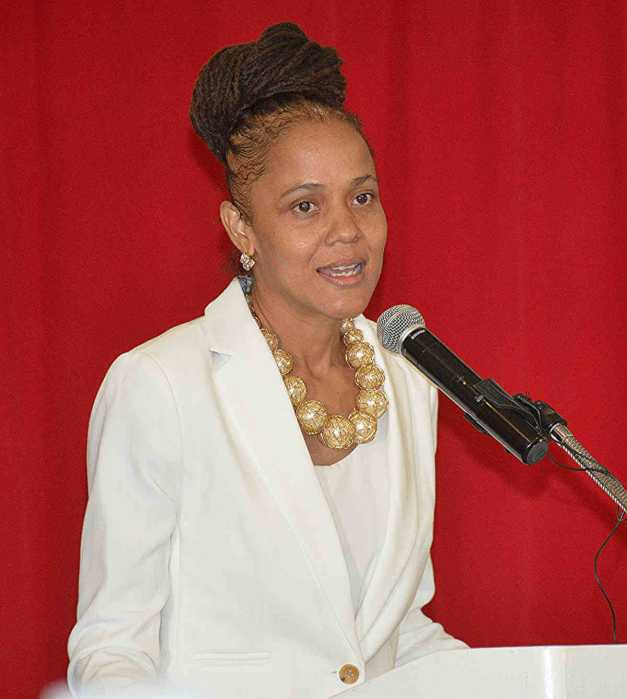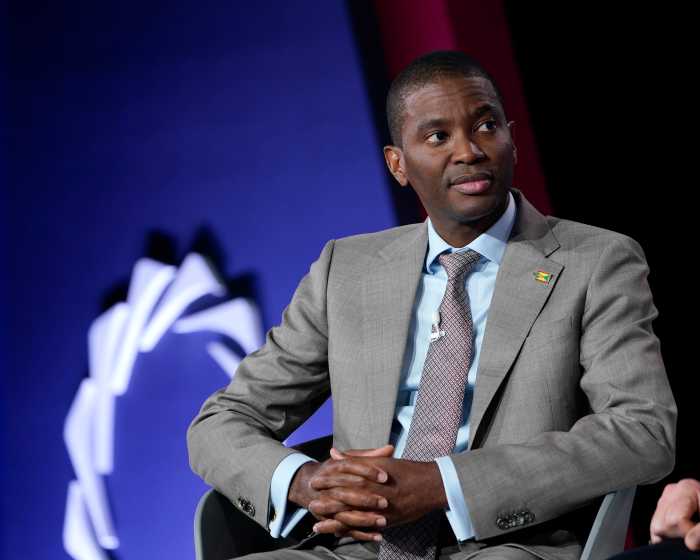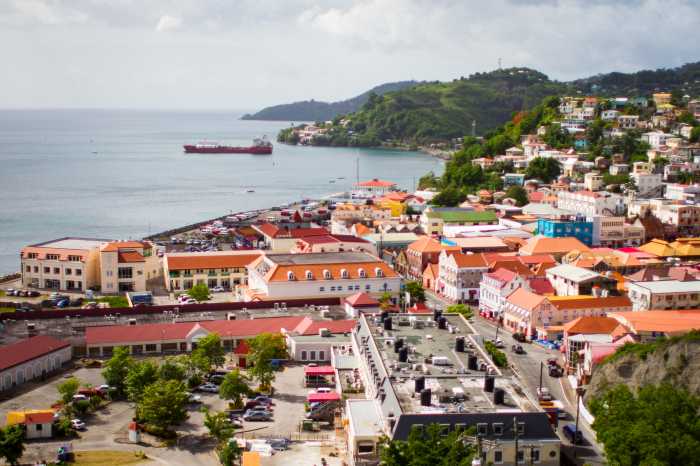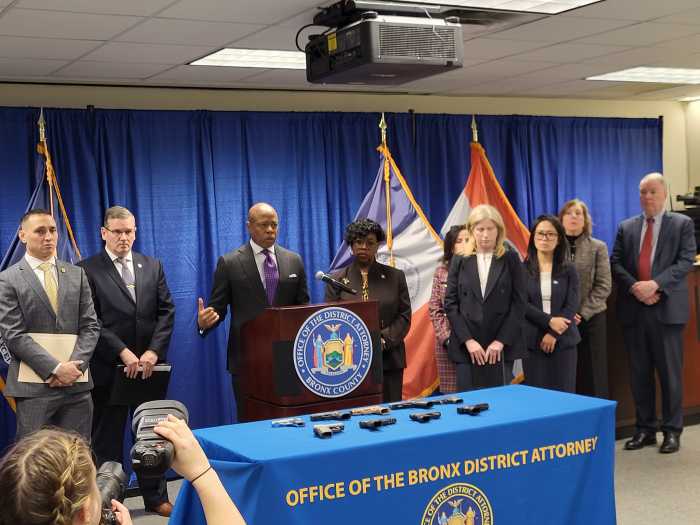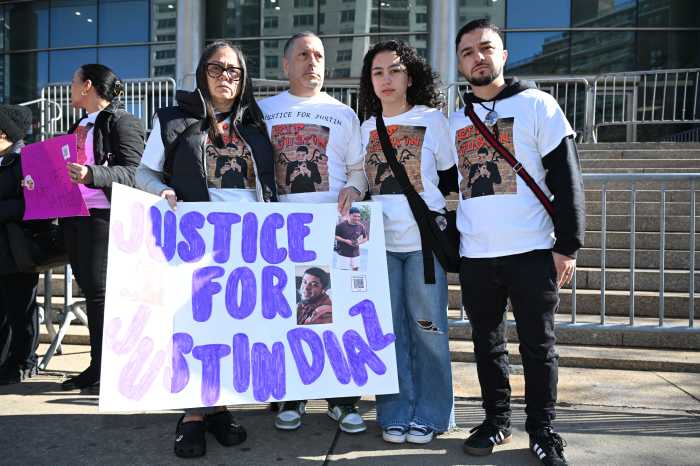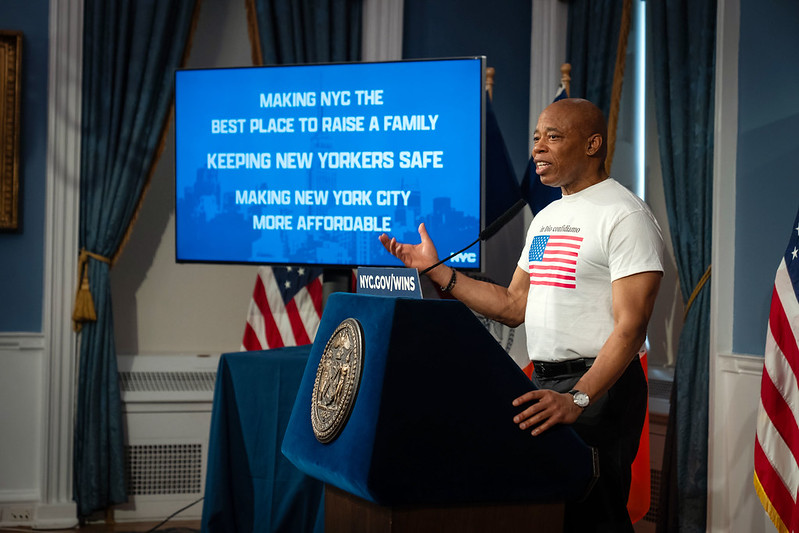Edward Kamau Brathwaite, a literary great of Barbados whose work will have a lasting effect on the Caribbean, much of Africa and the wider world has passed away, setting the island in mourning.
Prime Minister Mia Mottley described the 89-year-old as “easily one of the titans of postcolonial literature and the arts,” while principal of The University of the West Indies, Cave Hill Campus, Professor Eudine Barriteau, remembered him as a towering 20th century man of letters and a Caribbean intellectual.”
Mottley said Kamau’s chronicling of “our past through his magnificent works, shone a powerful light on the realities of our present and in turn, guided our sense of self and national identity”.
“But his reach and influence were not limited to his beloved Barbados and the Caribbean. His tenure as an educator at institutions from Ghana to America allowed students of every ethnicity and background to experience his wizardry with words.”
Barriteau said, “Professor Brathwaite fulfilled his several roles with consummate ease and excellence. He clearly understood Caribbean people and the places from which they came and was determined to ensure the integrity of a Caribbean civilisation and the sacredness of its language.”
Among tributes pouring in was one from The Monsignor Patrick Anthony Folk Research Centre (FRC), an organisation established in 1973 as repository for cultural heritage, recording and promulgating Saint Lucia’s rich heritage.
FRC said Brathwaite was a, “Teacher, Historian, Caribbean Nationalist and International poet, Kamau blazed the trail along with such other notables as George Lamming, Austin Clarke, Derek Walcott, V. S. Naipaul, Martin Carter, Wilson Harris, Jean Rhys, Roger Mais, Earl Lovelace, Una Marson, Paule Marshall, Phyllis Shand Allfrey, Elma Napier and Louise Bennett, to place the literature of this region on its pedestal where it sits today… Brathwaite’s work on nation languages gave some additional legitimacy to Kwéyòl as the Saint Lucian nation language.”
Born in 1930 Kamau, who died on Feb. 4, got his tertiary education at Cambridge University and holds an Honorary Doctorate from the University of Sussex, UK. Other awards include the Casa de las Americas Prize for Literary Criticism, the W.E.B. Du Bois Award in 2010 and the Bussa (a Barbados National Hero) Award.
He was co-founder of the Caribbean Arts Movement; served on the board of directors of UNESCO’s History of Mankind project; was cultural advisor to the government of Barbados; worked in Ghana’s Ministry of Education; taught at University of the West Indies, Southern Illinois University, New York University, University of Nairobi, Boston University, Holy Cross College, Yale University, and was a visiting fellow at Harvard University.
He also authored more than 60 books on poetry, prose, literary criticism, drama, cultural studies, an autobiography, and history.
In coining the term ‘nation language’, he reaffirmed Caribbean people that their native tongues — adapted from the time of slavery when enslaved ancestors were confronted with European languages — are not inferior to that of any other society.
Barbados TODAY newspaper noted some of his publication, “‘The Arrival: A New World Trilogy’ is a landmark oeuvre of long-term poems — ‘Rights of Passage’ (1967), ‘Masks’ (1968) and ‘Islands’ (1969) — that was created following his sojourn in the new nation that was once the principal exporting colony of enslaved African people — the Gold Coast — which became independent Ghana in 1957.”
Performing artistes and literary enthusiasts gathered Monday, Feb. 10 to honor Kamau’s life and work in UWI’s the Walcott Warner Theatre.
Following a libation rite there were 19 stage performances from dancing, to poetry reading, skit acting, and music — none more telling as that of the Mighty Gabby.


